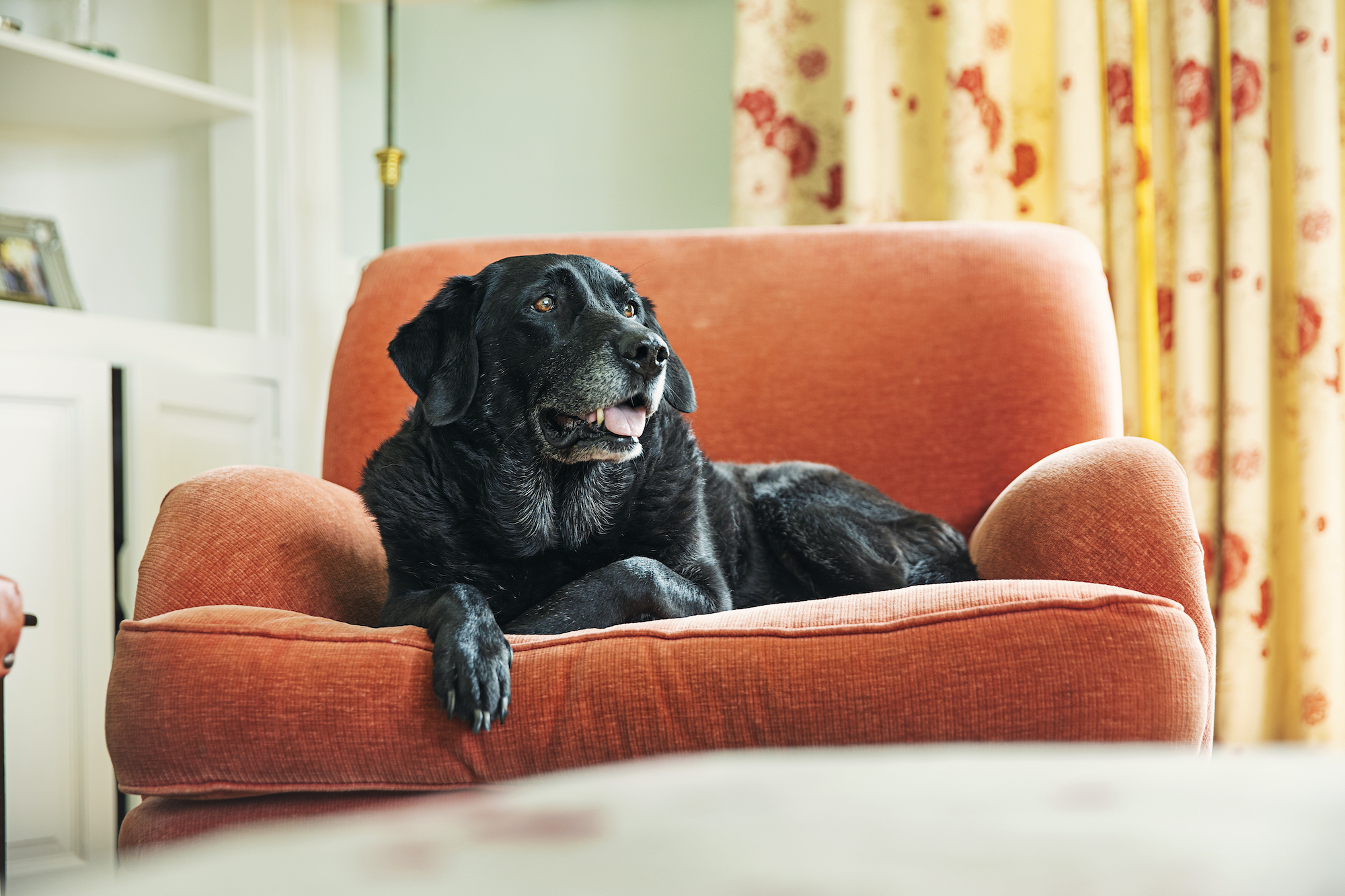
As we navigate through life, we often find ourselves searching for a companion to share our journey with. For many of us, our four-legged friends fill that role perfectly. However, when it comes to adopting a new dog, many people tend to gravitate toward puppies or younger dogs. While there is nothing wrong with this, it is important to remember that senior dogs also deserve a chance at a loving home.
Adopting a senior dog can be a truly rewarding experience, both for the dog and the adopter. These dogs have a lot of love to give and are often overlooked in shelters or rescue organizations in favor of younger dogs. In addition to providing a loving home to a deserving animal, adopting a senior dog also comes with several benefits. For example, senior dogs are often already trained, which can make the transition into your home much smoother. They also tend to be less energetic and require less exercise, which can be a good match for people with a less active lifestyle.
However, there are also some challenges that come with adopting a senior dog. For one, they may have existing health issues that need to be managed, such as arthritis or dental problems. This can require additional veterinary care and expense. Additionally, senior dogs may have spent most of their lives with one owner, and may take longer to adjust to a new home or owner.
Despite these challenges, adopting a senior dog can be a life-changing experience for both you and the dog. In this article, we will explore the benefits of adopting a senior dog in more detail, discuss the challenges that may arise, and provide tips on how to make the transition as smooth as possible.
The Benefits of Adopting a Senior Dog
 Senior dogs are often already trained: Unlike puppies, who require a lot of training and patience, many senior dogs are already house-trained and have basic obedience skills. This can save you time and effort in the training process.
Senior dogs are often already trained: Unlike puppies, who require a lot of training and patience, many senior dogs are already house-trained and have basic obedience skills. This can save you time and effort in the training process.
Senior dogs are typically less energetic: If you’re looking for a dog that doesn’t require as much exercise as a young puppy or adult dog, a senior dog may be a good fit for you. They are often content with short walks and naps on the couch.
Senior dogs are more likely to be calm and well-behaved: Many senior dogs have already lived in a home environment and have learned to be calm and well-behaved. They may be less likely to engage in destructive behaviors, such as chewing or digging.
Senior dogs offer companionship and love: Senior dogs may have a lower energy level, but they still have plenty of love to give. They are often grateful for a warm and loving home, and will bond with their new owners quickly.
The Challenges of Adopting a Senior Dog
 Health issues: Senior dogs may have health issues that require ongoing care and attention. This can be expensive and time-consuming, so it’s important to consider the potential costs before adopting a senior dog.
Health issues: Senior dogs may have health issues that require ongoing care and attention. This can be expensive and time-consuming, so it’s important to consider the potential costs before adopting a senior dog.
Adjusting to a new home: Any dog, regardless of age, will need time to adjust to a new home and routine. Senior dogs may have a harder time adjusting, especially if they’ve been in their previous home for a long time.
Limited time: Depending on the age and health of the dog, you may have limited time with your senior dog. While this can be difficult, it can also make the time you have together even more special.
How to Make the Transition as Smooth as Possible
Be patient: Senior dogs may take longer to adjust to a new home and routine. Be patient and understanding, and give your new dog plenty of time to settle in.
Provide a comfortable environment: Make sure your senior dog has a comfortable bed and plenty of soft blankets to snuggle up in. Consider getting a raised feeding dish to make meal times easier on their joints.
Maintain a consistent routine: Senior dogs thrive on routine and consistency. Try to keep their feeding and exercise schedules as consistent as possible.
Be mindful of health issues: Senior dogs may require special diets, medications, and regular vet visits. Make sure you are prepared to provide the care and attention your senior dog needs.
In conclusion, adopting a senior dog can be a rewarding and fulfilling experience. While there may be challenges to overcome, the benefits of providing a loving home to a senior dog are immeasurable. By being patient, providing a comfortable environment, maintaining a consistent routine, and being mindful of potential health issues, you can make the transition as smooth as possible for both you and your new furry companion.






